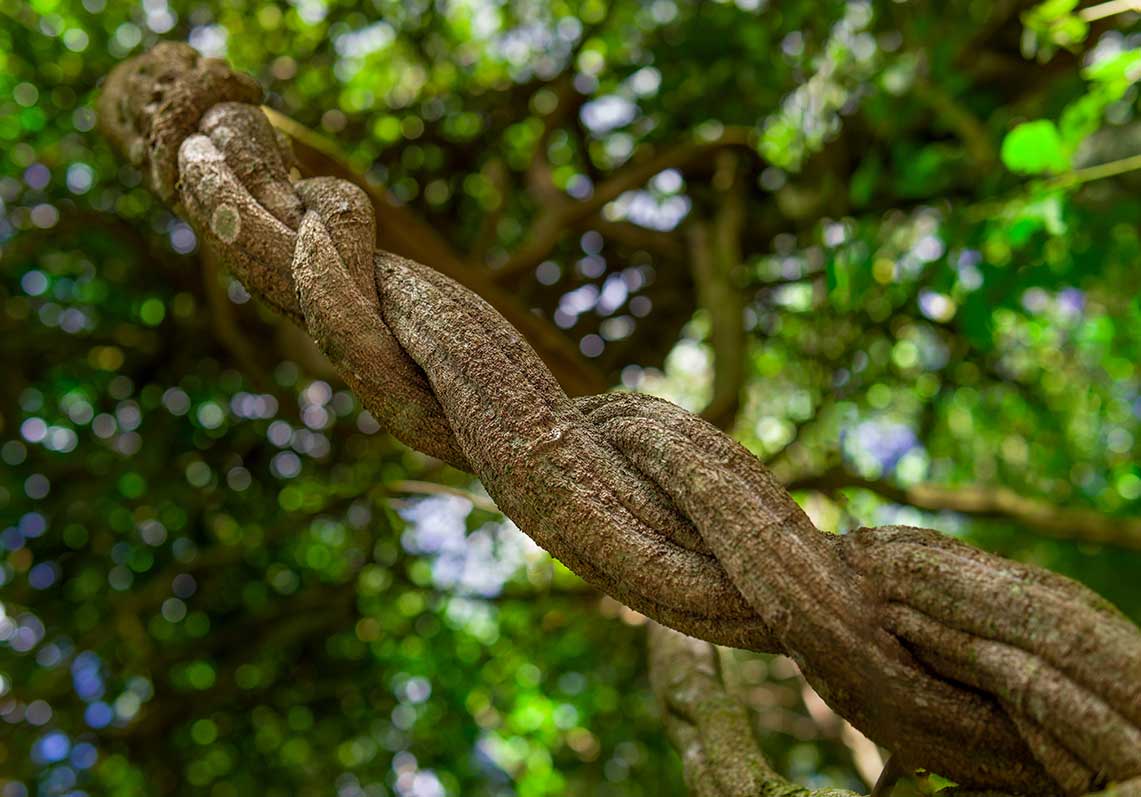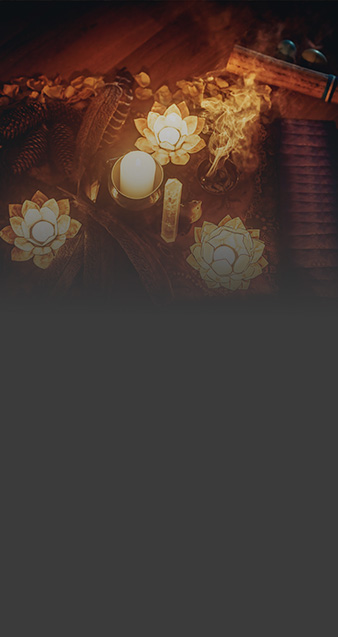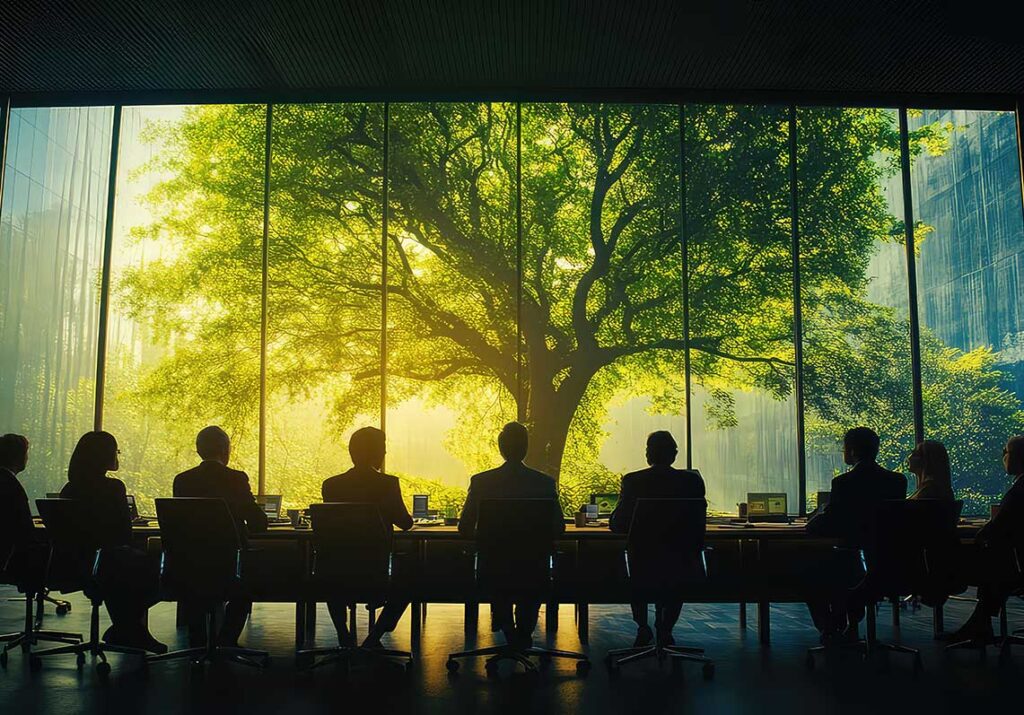Ayahuasca is a shamanic brew that contains DMT, among other things. It’s a potent psychedelic that can take you on an enlightening, life-changing journey. Despite its potency and despite the US government’s hardline approach to psychedelics, ayahuasca is freely and seemingly legally consumed in retreats across North and South America.
As a psychedelic practitioner, the subject of legality will come up a lot in conversation with clients. It’s something you should always consider, and something that’s vital to your practice. But with so much confusion and ambiguity surrounding the consumption of this psychedelic brew, how do you know where you stand legally and morally?
Global Legality Snapshot
DMT is a Schedule I substance in the United States, and it has held that status since the passing of the Controlled Substances Act in 1971. The same is true for ayahuasca, which contains naturally derived DMT in combination with other substances. (1)
There are exceptions, though. In 2006, the Supreme Court granted União do Vegetal (UDV), a religious society founded in Brazil, the right to use hoasca (the Brazilian name for ayahuasca) in its ceremonies. The society has thousands of members around the world, including in the United States. (2) (3)
Santo Daime, also founded in Brazil, was accorded the same right. (4)
However, that doesn’t mean you can buy or brew ayahuasca and then claim religious protection. Outside of these two groups, it’s still a Schedule 1 substance, and while arrests are much rarer than they are for other Schedule 1 substances, they’re not unheard of.
There have been various arrests for manufacturing or disturbing large amounts of DMT, as well as charges against people caught smuggling bottles of ayahuasca into the USA. (5) (6) (7)
In Brazil, the birthplace of the aforementioned churches, DMT is controlled, but ayahuasca is not, and it’s a similar story in Peru. (8) (9)
Generally speaking, countries south of the border adopt a more relaxed stance when it comes to this psychedelic brew, but that’s not always the case, so practitioners and clients should always research local laws before visiting a retreat in this region. It doesn’t help that ayahuasca laws often exist in a grey area, with a lot of conflicting information.
It’s often said, for instance, that ayahuasca is legal in Mexico. However, while it’s true that there are no laws specifically prohibiting the concoction, there are strict laws against DMT. There are also cases of people being arrested for smuggling ayahuasca into the country. (10) (11)
Navigating Legal Access: What Coaches Should Know
Although ayahuasca is illegal at the federal level, a few local authorities have decriminalized the brew. These include Colorado, which passed the Natural Medicine Health Act to effectively decriminalize ayahuasca and iboga. Washington D.C., and parts of Massachusetts (Cambridge, Northampton, Somerville), and Michigan (Ann Arbor and Washtenaw County) have adopted similar rules. (12)
The onus of responsibility lies with the individual. Don’t assume that ayahuasca is legal just because it’s offered by a seemingly legitimate retreat. Always consider the local laws, including whether the substance is legal where the retreat is located and whether they have any religious exemption if it’s not.
Of course, there are retreats that claim legality and may offer an accessible and cheap service, one that doesn’t require much travel. It’s possible that these retreats are completely ignoring the laws or just assuming they are protected because of an apparent religious status.
How to Help Clients Vet Retreats
To avoid underground retreats operating on the fringes—or in completely antipathy—of the law, always use and recommend verified and vetted centers, such as those listed in our ayahuasca retreats section.
- Check reviews to see what previous visitors have to say.
- Browse the Third Wave community for recommendations and reviews.
- Pay attention to their promises. If they are overselling and guaranteeing life-changing experiences, it’s a red flag.
- Search for them online. If they are genuine, it will be easy to find information, pictures, and posts that give you insights into their practices.
- Make sure they conduct medical screenings and adhere to strict safety protocols. There are some risks and contraindications, so a legitimate retreat will always screen its visitors first.
Ethics and Sustainability
The increased demand for ayahuasca has led to overharvesting of plants used in the brew, including Banisteriopsis caapi and Psychotria viridis. This poses a threat not only to local ecosystems, but also to the groups that rely on these plants for their ceremonies.
Some retreats mitigate these issues by using more sustainable harvesting practices, including selective harvesting and supporting cultivation. In light of overharvesting concerns, reputable retreats should operate with sustainability in mind. As an individual using or recommending ayahuasca retreats, always consider where and how the plants are harvested and what the organization is doing to promote cultivation and protect the local ecosystem.
The Temple of the Way of Light is a prime example of a retreat that operates sustainably. It supports regenerative agroforestry projects and aims to keep its footprint low while growing and harvesting efficiently and sustainably. Avatar Center and Spirit Vine adopt similar practices.
Being a Resource, Not a Salesperson
As a psychedelic practitioner, your goal is to guide the client, not to tell them. When it comes to ayahuasca retreats, you should inform them about their options while reminding them of the potential legal issues. Don’t talk in definitives—you’re not a lawyer, and likely don’t have a full grasp of the legal situation or a deep understanding of each and every retreat.
Help them with their choices and support them on their journey, but always consider your legal and ethical position and remember that you’re there to inform and not to advise.





